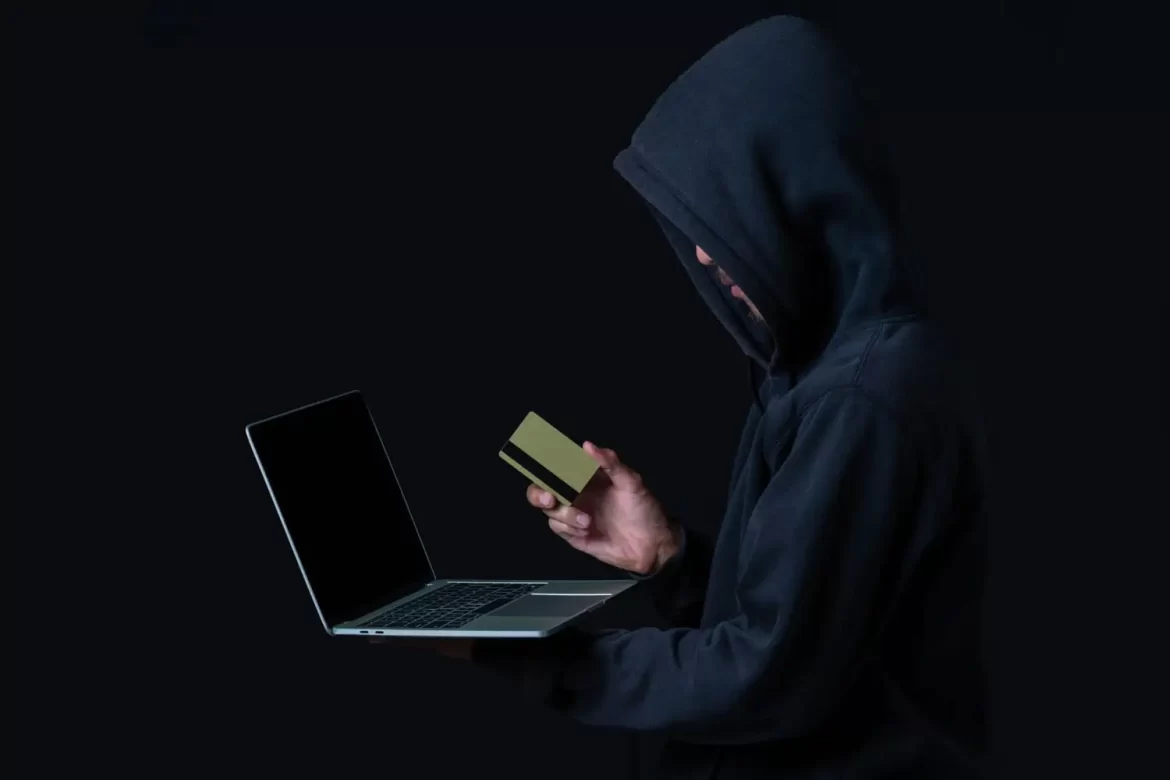The U.S. Postal Service and Postal Inspection Service have just released a warning on a new and clever scam that is now going around. The purpose of this fraudulent plan is to trick people into giving over their personal information. In an attempt to get sensitive data, the offenders are pretending to be USPS employees—including the Postmaster General—and sending false emails or messages.
[el_shortcode id=”7102″]
What Is The Scam?
Recipients of these scam letters are forced to provide personally identifiable information, including their addresses and phone numbers. This information request’s bogus premise is a made-up prize that is purportedly connected to a shipment that was delivered to the recipient’s address.
The USPS provided an example of an email that purports to be from the receiver and states that there is a “parcel that has been registered with us for shipment to your residential address.” The email continues by claiming that money orders totaling $50,000 are contained in the shipment, along with a $2 million cashier’s check. Recipients are encouraged to email a supplied email address with their full name, address, and phone number in order to collect these imaginary gifts.
Also Read:
WhatsApp Job Scam: Targeting WhatsApp Users through Bogus Job Offers
It’s important to know that these emails are completely illegal and nothing more than a scam, perfectly showing the concept of phishing described in books. Phishing is the practice of sending out fake emails or messages pretending to be from reputable sources. Actually, these fake communications are sent to a large number of recipients with the intention of tricking at least one of them into unintentionally providing information that might aid in identity theft or other criminal acts.
According to postal officials, “USPS officials would never reach out to consumers directly and ask for money or Personal Identifying Information.”
Protecting Yourself From This Scam
In order to protect yourself from being a victim of this scam, the USPS suggests doing the following:
- Never Disclose Personal Information via Email: USPS does not employ email as a means to inform customers of package delivery attempts or to request personal information.
- Watch for Grammar and Spelling Errors: Poor grammar and spelling mistakes are indicative signs of fraudulent emails.
- Exercise Caution with Urgent Emails: If an email insists on “immediate action,” it should raise suspicions, as this urgency is often a hallmark of scams.
If you receive a suspicious email related to a package, it is recommended to take the following actions:
- Forward the email to spam@uspis.gov
- Delete the email without clicking on any embedded links.
You can protect yourself from becoming a victim to this smart phishing scam and secure your personal information by remaining watchful and following the above recommendations.
Also Read:
Woman Loses Entire Savings Over $200,000 In Elaborate Bank Impersonation Scam
[el_shortcode id=”7108″]
